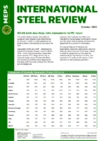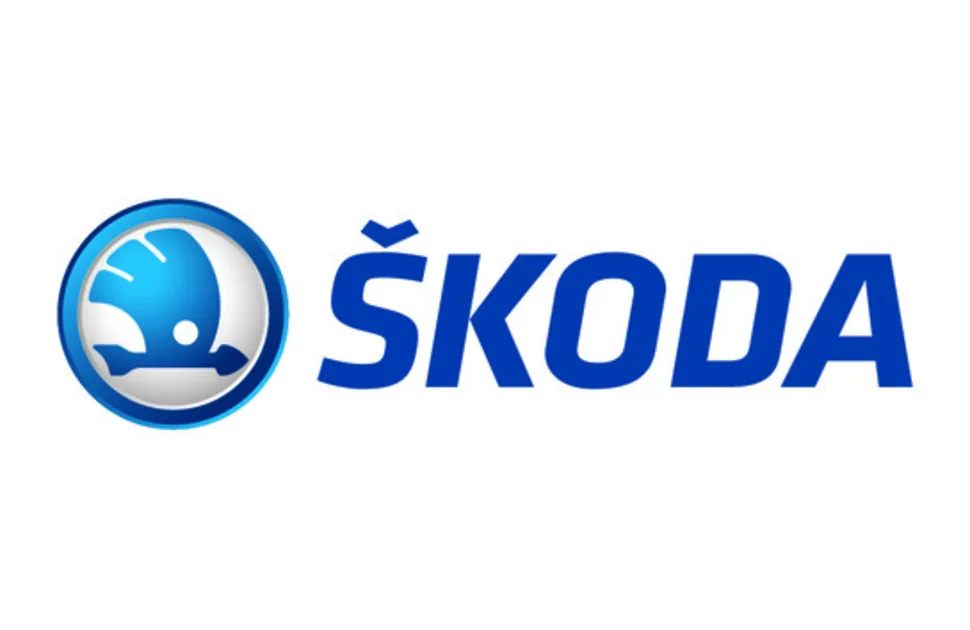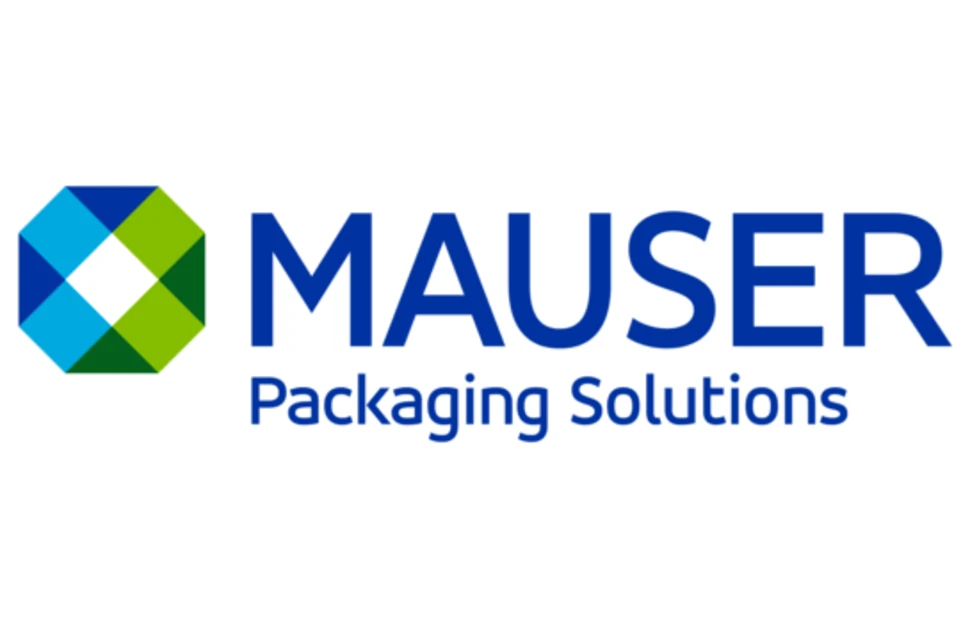Resetting 25% US tariffs brings equality for exporters
A 25% tariff on all steel imports will level the playing field among steel-producing countries targeting exports into the United States.
The initial threat of tariffs on imports Canada and Mexico, scheduled to take effect from February 4, was later delayed for a month. However, President Trump subsequently announced a 25% rate for all steel imports which will effectively eliminate all free trade agreements and exemptions from the 25% Section 232 tariffs introduced, in his first term in office, back in March 2018.
- This article was first published in MEPS's International Steel Review. The monthly report provides subscribers with steel prices, indices, market commentary and forecasts from key global steel markets. Contact MEPS for details of how to subscribe.
In the absence of any further last minute trade deals, Canada and Mexico will face the same punitive measures as every other steel-producing nation on March 12. They will join a list of countries that previously avoided at least part of the Section 232 tariffs due to free trade agreements, import quotas or exclusions. This is comprised of: Argentina; Australia; Brazil; the EU; Japan; South Korea; the United Kingdom; and Ukraine.
In total, these nations accounted for 81.9% of the 26.2 million tonnes of steel imports into the US during 2024. Imports from Canada, Mexico and Brazil alone made up 50.5% of that total.
Rising prices could increase import volumes
Steel buyers who import speciality products not produced in the US will still have supply options. Although no new product-based tariff exclusions will be granted, existing product exclusions will remain in place for 12 months from their date of application, or until the excluded product volume is imported, whichever occurs first.
Nonetheless, MEPS’s research respondents in the US voiced concerns that the addition of tariffs on imports will increase US steel prices. Nucor’s consumer spot price for hot rolled coil has risen from USD775 per short ton on February 3 to USD820 on February 17. MEPS’s February research among US market participants revealed significant increases across all products this month. Hot rolled coil rose by 15.4% month-on-month, with plate prices rising by 12.5
As prices increase, the US steel market will become attractive to overseas producers whose prices had previously been uncompetitive due to the application of Section 232 tariffs from which others were exempt. In February, MEPS’s US hot rolled coil price was 31% above the MEPS World Average value of that material.
MEPS respondents expect hot rolled coil mills in Turkey and Egypt to benefit from this more level playing field. Steel exports from Turkey to the US have declined from just under two million tonnes in 2017, to 391,444 tonnes in 2024. Other market participants expect an increased volume of offers, from cold rolled and hot dipped galvanised coil producers in Vietnam and Taiwan, and for rebar from sources as diverse as Algeria, Egypt, Oman, Saudi Arabia, Thailand, Turkey and Vietnam.
Red Sea ceasefire could reduce shipping costs
A potential reduction in shipping costs could make imports from Asia more competitive in the US market.
A report published by the Joint Maritime Information Center – covering the week to February 16 – said that there had been no attacks on cargo ships in the Red Sea and Gulf of Aden since Houthi rebels agreed a ceasefire on January 19. This remains dependent on a continued pause in Israeli attacks on Gaza.
Uncertainty surrounding the situation remains high and most vessels continue to avoid this route. Nonetheless, in late January, the chief executive of logistics company DP World, Yuvraj Narayan, told Reuters that freight prices could decline by 20-25% in two to three months, if the ceasefire remains in place.
In the week to February 20, the Drewry WCI composite index decreased 10% week-on-week to USD2,795 per 40-foot container – 52.9% down on the July 2024 peak. However, the index was 97% higher than the average USD1,420 in pre-pandemic 2019.

Source:
International Steel Review
The MEPS International Steel Review is an essential monthly publication, offering professional analysis and insight into carbon steel prices around the world.
Go to productRequest a free publication





